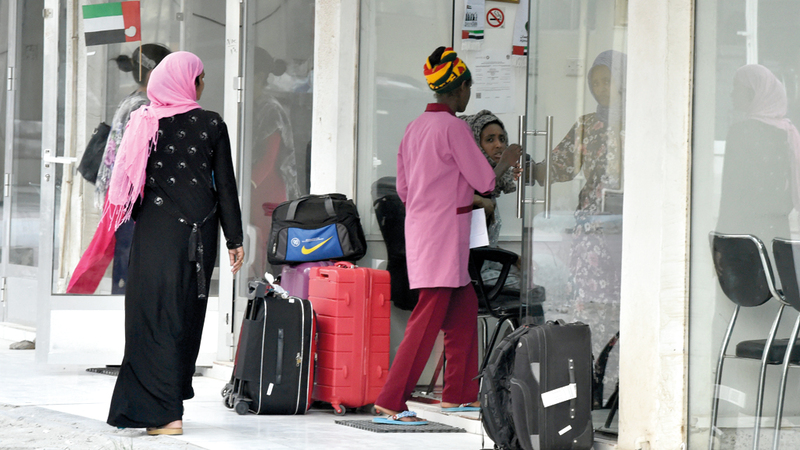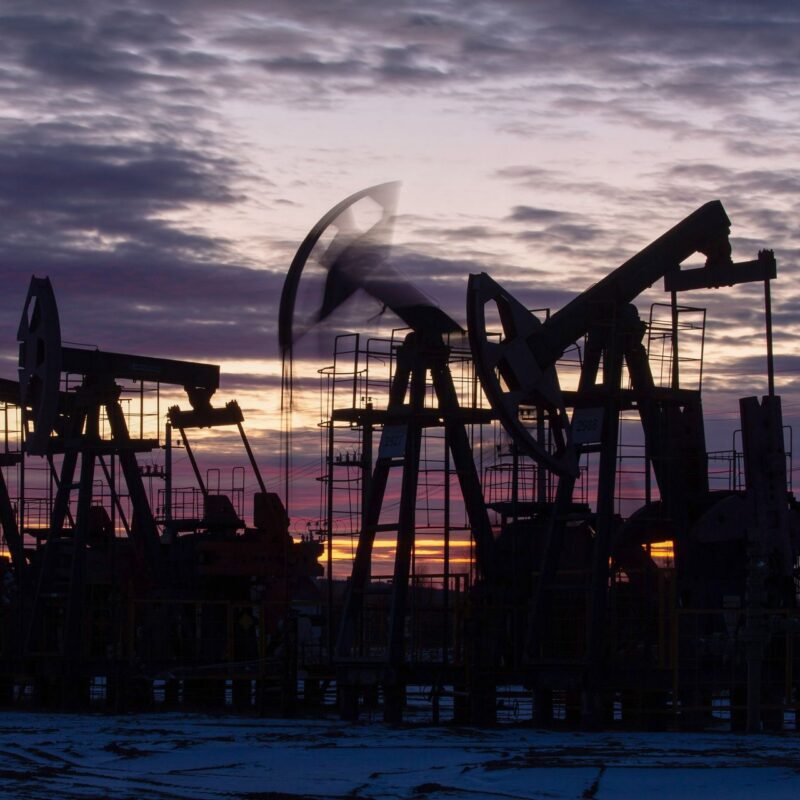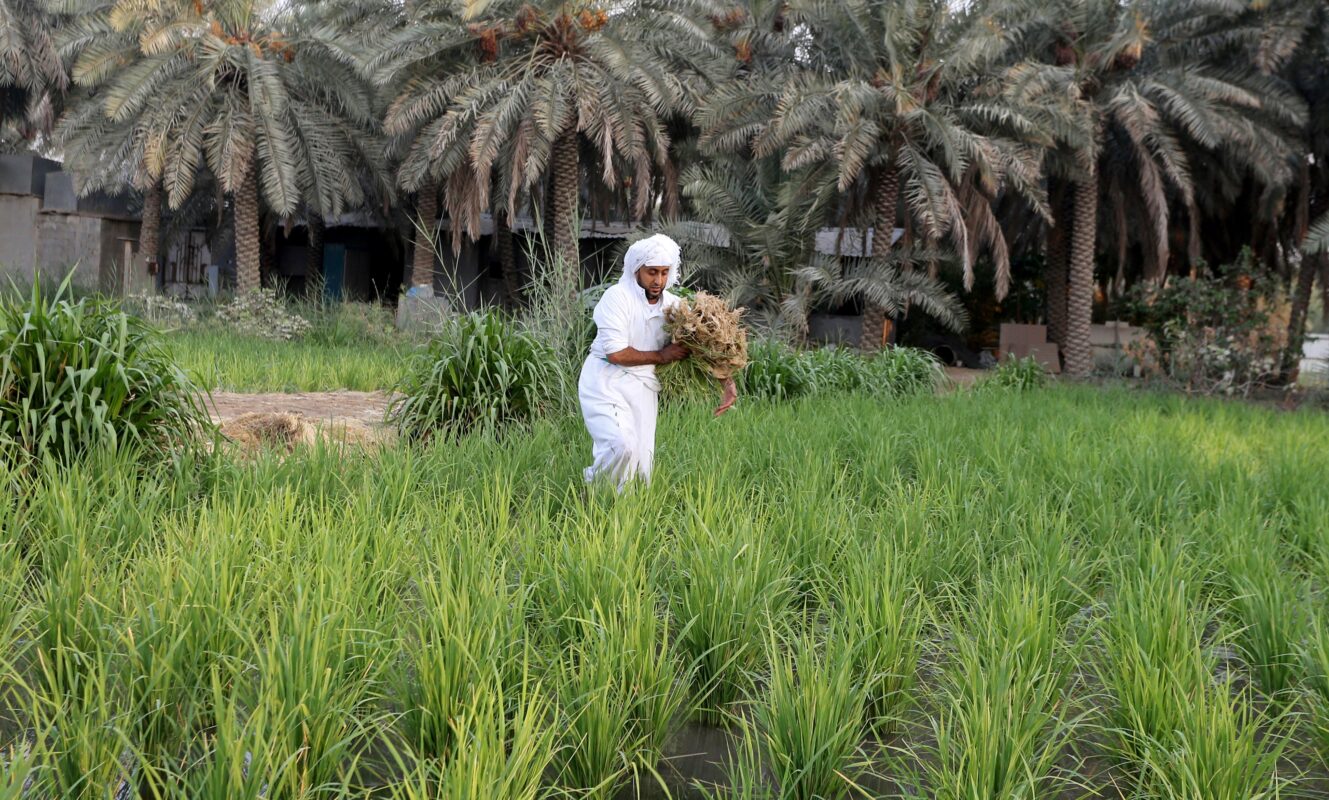Indian women migrant workers in the Middle East and North Africa (MENA) region are expected to reach 6 million in 2-3 years. Due to the loosening of labour restrictions regarding women in the region, for example, the removal of restrictions on work during night hours, there has already been a 23% growth in demand for[…]
Seventy-six million metric tons of oil reserves are located in the Arab Gulf, constituting around 66% of the global reserves. Oil represents a prominent source of income in the Middle East, proven by the increased production during the last decades. From 1980, oil production passed from 11 million barrels per day to 18 million. The[…]
On 28th March 2024, ADHRB delivered an intervention at the United Nation Human Rights Council session 55 under item 9 during the General debate. ADHRB Called for Pressure on Kuwait to End Racial Discrimination Against the Bidoon Community. The suffering of the Bidoon community in Kuwait has persisted since 1987 when the Kuwaiti government classified[…]
Food security is described by the FAO (Food and Agriculture Organization) as ‘’ all people, at all times, have physical and economic access to sufficient, safe and nutritious food to meet their dietary needs and food preferences for an active and healthy life”. In addition, food security is structured in four pillars, namely: 1) Availability[…]
Globally, the impact of climate-induced back draws and, ultimately, migrations can be witnessed extensively. This phenomenon is less prevalent in the Gulf Cooperation Council (GCC). However, the recent statistics on climate change and the allocation of investments in natural resources in the Gulf can revert the trend. According to the Middle East Institute (MEI), the[…]









